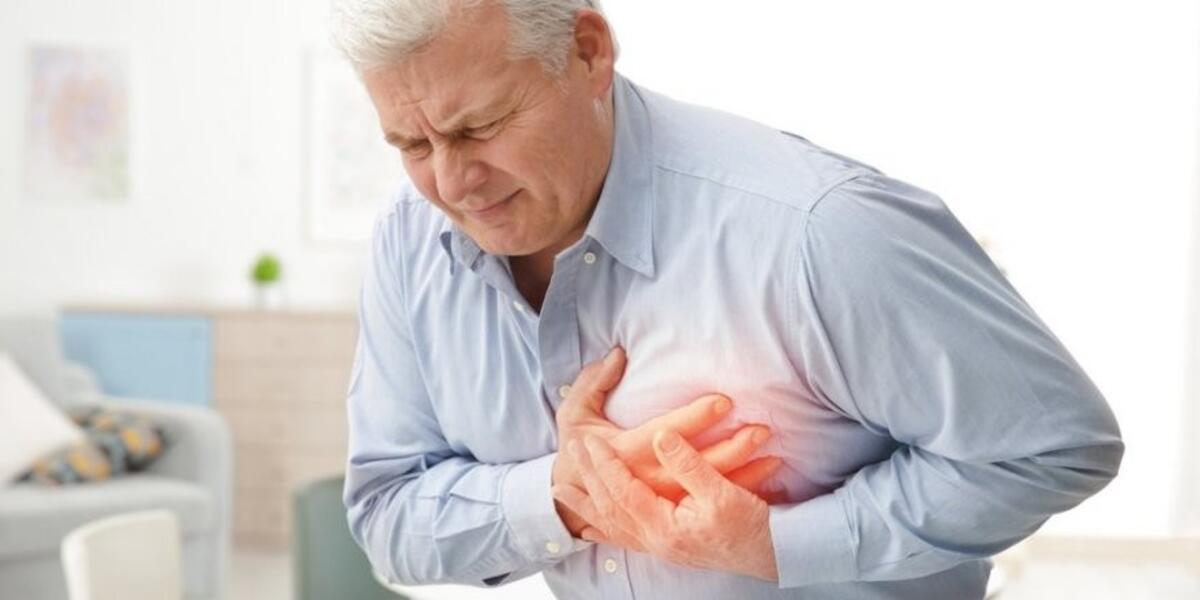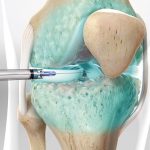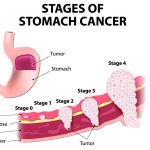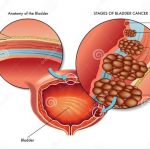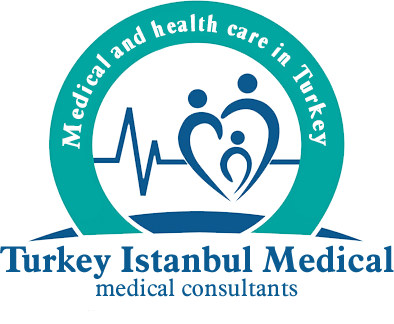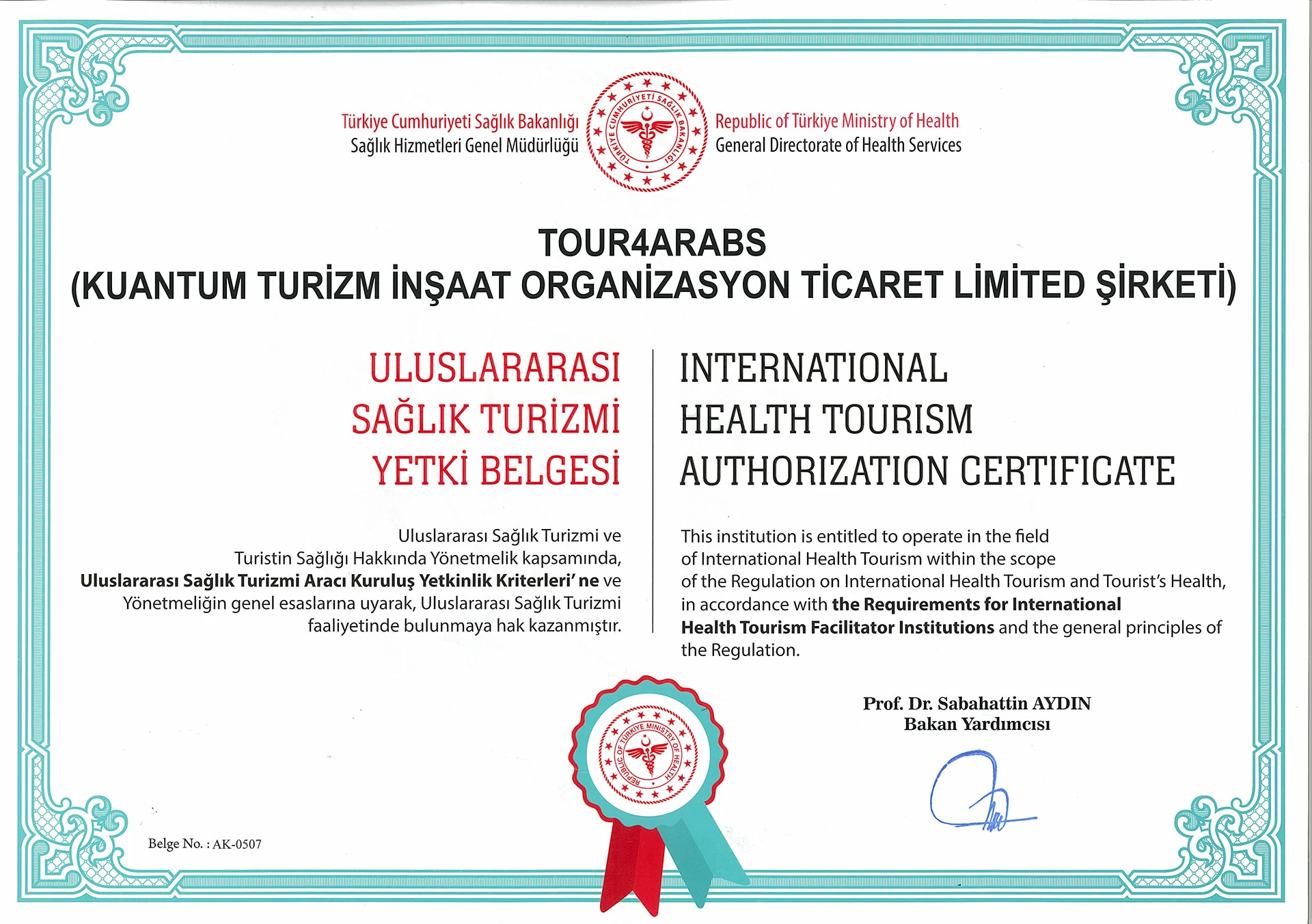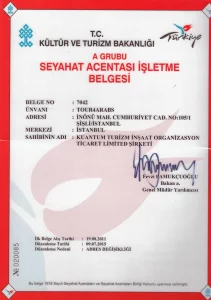Heart Rhythm Disorder
Heart palpitations can be the result of excitement, stress, running fast or excessive caffeine consumption, as well as a symptom of a heart rhythm disorder (arrhythmia). The dangerous situation of heart palpitations should be determined by cardiologists.
What is Heart Palpitations?
You can say “I have a heart beat” when your heartbeat is felt faster than normal or uncomfortable. In heart palpitations (tachycardia), which is seen as an increase in heart rate from the upper limit of 100 to values above 140, you should consult a specialist doctor as soon as possible.
What Causes Heart Palpitations?
Echo test, thyroid tests and blood tests should be used to investigate whether there is anemia or not in order to determine the causes of heart palpitations, which are seen as a heart rate above 140. With these tests, it can be understood whether heart palpitations are physiological (sinus tachycardia) or heart rhythm disorder (arrhythmic tachycardia) due to excitement, stress, running fast or excessive caffeine consumption.
The use of 12-lead electrocardiography (ECG) method is of great importance in determining the nature of heart palpitations. When a heart rhythm disorder (arrhythmic tachycardia) is detected, it is also very important to carry out an electrophysiological study in which the electrical activities of the heart are controlled for further treatment. In advanced treatment, the heart palpitations (arrhythmic tachycardia) should be created in a laboratory environment and it should be understood where it originates and how it occurs.
Heart Palpitations Treatment
The first answer to the question ” How is heart palpitations (arrhythmic tachycardia) treated? ” Can be answered as the destruction of the abnormal heart tissue that creates this condition. This method of treatment is called Ablation. Ablation, which is very important in the treatment of heart palpitations, can be done with the help of long thin instruments called catheters.
It is advanced into the heart through the groin with the catheter. The location of the catheter in the heart can be monitored with the help of x rays (fluoroscopy). By connecting the tip of the catheter to the recording device, intra-cardiac ECG records are taken and the research and the palpitations are found. Then, with the help of a catheter, this area is destroyed by giving radio frequency energy and thus the responsible focus is removed.
More than 90% success can be achieved in most of the rhythm disorders with the ablation method. With this method, heart palpitations are eliminated and patients are saved from using drugs for life.
What are the Symptoms of Arrhythmia?
The most common symptom of arrhythmia is palpitations. In addition, the sensation of misfire, irregular feeling of heartbeats, dizziness, blackout, annoyance, chest distress, pressure or pain, loss of consciousness expressed as “syncope” are among the common symptoms. When one or more of these symptoms occur, rhythm disorder should be suspected and the relevant specialist should be consulted.
As soon as you feel such changes in your heart, you should go to the doctor immediately. You should have a heart electrode. In this way, the type of arrhythmia can be determined. The most appropriate treatment method can be selected.
What are the Causes of Heart Rhythm Disorder?
Some drugs used in the treatment of asthma and cold, tea, coffee and stress have a triggering effect on the heart rhythm disturbance in individuals with an arrhythmia predisposition. If the person has a genetic predisposition, arrhythmia can also occur when experiencing great sadness or stress. Arrhythmia with advanced heart failure and cardiovascular diseases may even cause death.
Lifestyle affects arrhythmia.
According to this;
- Life style of the person is effective on heart rhythm. Factors such as eating habits, sleep patterns, active or sedentary life can trigger rhythm disturbance.
- The consumption of energy drinks can cause severe rhythm disturbances. However, this is a temporary situation.
- Electrolyte imbalance conditions; It is caused by the deterioration of the levels of elements such as sodium, potassium and magnesium in the blood and causes rhythm disturbance. When the electrolyte balance is achieved, the problem of rhythm disorder will also disappear.
- It is very important for a healthy life that all our children are directed to a sports branch starting from the primary school period. It is very important for those who will start sports at an advanced age to choose a branch suitable for themselves and their age and do sports for one hour a day, in terms of regulating the heart rhythm. Especially walking and swimming are among the best sports for arrhythmia.
- All risks that can lead to heart disease are also a risk for arrhythmias. Fat accumulation around the waist, hypertension and obesity are the most common causes of arrhythmia.
- Hypertension is one of the most common causes of arrhythmia. In addition, coronary heart diseases, cholesterol and high sugar can also cause important heart diseases such as rhythm disturbances. Elimination of these risks will also eliminate the arrhythmia problem.
How Is Heart Rhythm Disorder Treated?
Arrhythmia can be controlled with medication and interventional therapy. There may be situations where drug therapy is not successful. Arrhythmia is treated with an application called “radiofrequency ablation” made from leg vein or leg artery.
The success rate of this method varies between 70% and 99%. The aim here is to eliminate the mechanism or focus that causes palpitations by using radiofrequency energy.
